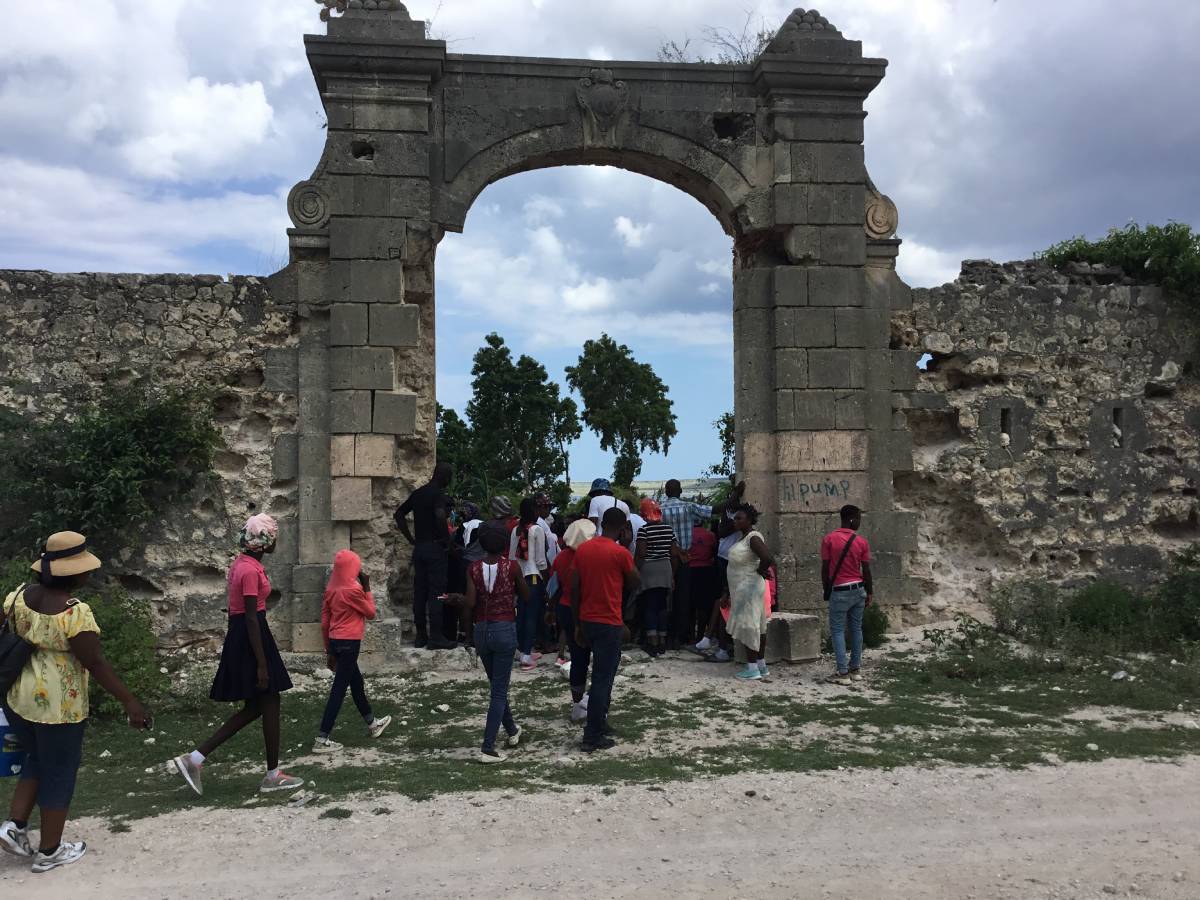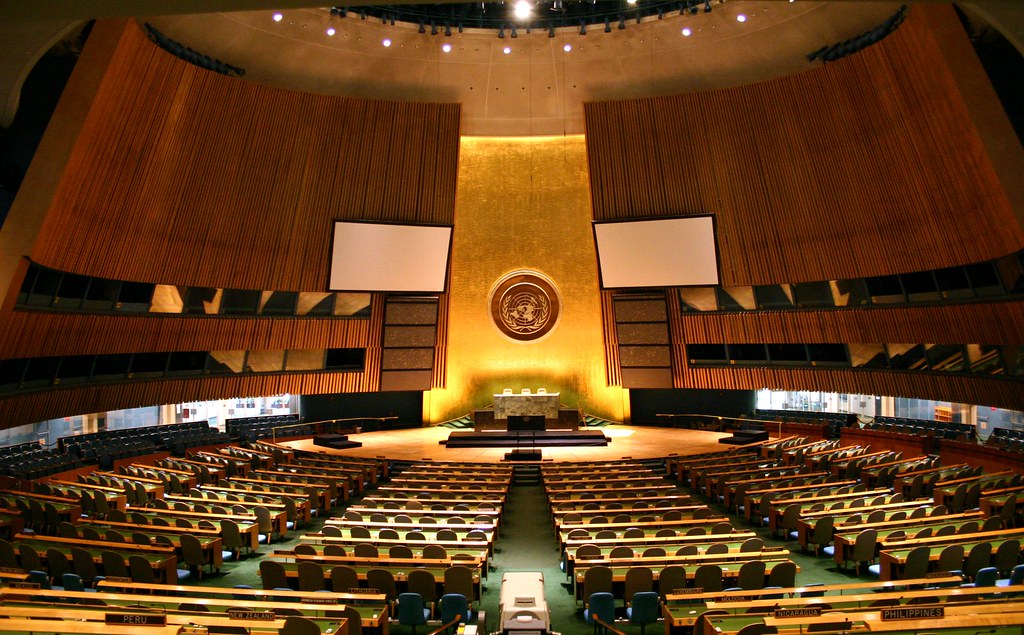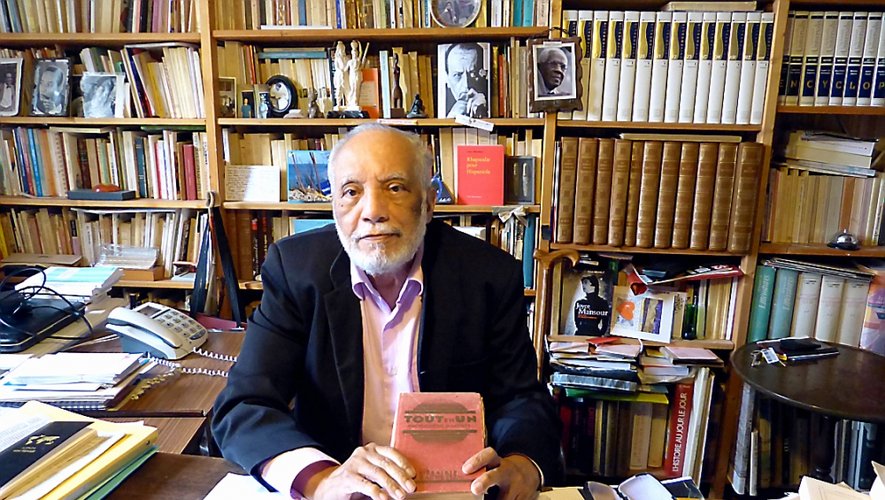|
Getting your Trinity Audio player ready...
|
Jean Jonassaint
In the minutes following my email to few colleagues and friends inviting them to explore online an advance copy the HDNdigest, on August 3, I received a note from a friend announcing the death, the day before, of our friend Józef Kwaterko. If I want to report this sad event today, it is because Kwaterko was a friend of Haiti and especially of the Haitians — that is not always the case.

Indeed, beyond his work on Haitian writers and publishers in Quebec — see his articles: “Les Fictions identitaires des romanciers haïtiens au Québec” (Revue de littérature comparée 302 (2002) : 212-229) and “Revues culturelles des immigrants haïtiens en diaspora québécoise : conditions d’émergence et quête de légitimité,” in Cultural Constructions of Migration in Canada edited by Klaus-Diefer Ertler et al. (Peter Lang, Frankfurt, 2011, p. [213]-227) —, Kwaterko, after 2010 earthquake, launched a scholarship initiative for young Haitian students at the University of Warsaw. I don’t know the details of the concrete results of this initiative, but regardless it was commendable, so I urge the ex-fellows to testify.
Moreover, having discussed the project with Józef in Paris, one of the rare times we met face to face, I know how much he cherished it, because having failed in a first attempt, he desperately asked me how to succeed. I made some suggestions to him, and I urged him to contact another friend, Vernet Henri, the rector of the State University of Haiti at the time.
Following my advice, Józef relaunched his project, and on the morning of August 1, 2010 (another strange coincidence, this 8th month is definitively intriguing), he wrote to me:
“Dear Jean
[…]Good news to share (!): After 3-5 months of prerequisites and exchanges with the rectors of the UÉH (including misunderstandings as to the equivalence of the programs) here it is: the selection of the 10 candidates of the UÉH ended last Thursday with a 2-hour teleconference interview (on skype) on the mobile phone of the Honorary Consul of Poland, Salim Succar, at the Consulate in PAP (a law firm in Bourdon, cracked but usable). There was the Dean of ENS Bérard Cénatus and the students pre-selected by him according to the criteria of academic excellence. And on our side a small committee (dean, me and a director of English studies). We have previously received their transcripts, cover letters (in French, English and Spanish depending on the departments they want to join here) and the programs (training curriculum) at ENS.”

He had succeeded… Ten Haitian students were admitted to the University of Warsaw – making in a certain sense a return to a strange native country of a peasant part of the Haitian population, that of Fonds-des-Blancs, Cazale…
He ended his email with his all-Polish courtesy, humility and solidarity:
“I would like to thank you once again for all your advice and wonderful ideas that you gave me in Paris which inspired me to hold on, be persevering and patient. Of course, this is the first phase, but it bodes well for a good follow-up.
Excuse me for this long letter.
brotherly friendships,
Jozef”
Rereading this correspondence with Józef leads me to underline the heroic participation of the Poles of the army of Leclerc who passed to the resistance with the Native Army under the command of the General in Chief, Jean-Jacques Dessalines, who grants them Haitian citizenship according to article 13 of the Imperial Constitution of 1805 (Constitution impériale de 1805). These Poles and their descendants reminding us that from the beginning, the Haitian nation is multiracial, multicultural, with of course African contributions but also Caribbean, French, Spanish, English and German.
These secular and historical links between Poles and Haitians, Józef cherished them, and had become one of his lines of research as evidenced, among others, by this article that he sent to me on May 21, 2020 by email in Word version, “The Black Poles in Haiti. A Story Plucked from Oblivion” (Atti Dell’Academi Polacca, vol. 8 (2020), pp. 51-62.
An article that he summarized as follows: “My paper is devoted to the historical and cross-cultural affiliations between Poland and Haiti. I will start with an analysis of the historical context and I will focus on the historiography based on official reports and epistolary correspondence of the Polish soldiers sent by Napoleon Bonaparte to the French colony of Saint-Domingue (1802–1804), as well as on their perception of the need for freedom and national independence claimed by the ancient slaves. Next, I will attempt to highlight some affinities between the Polish and Haitian cultures and the present-day situation of the Mulatto descendants of the Polish soldiers, those who remained in Haiti.”
Indeed, this article, quite rightly, highlights an aspect of the multiple European branches or roots of the Haitian nation whose obvious traces are found in our vernacular, both on the lexical, syntagmatic and phonological levels; and wanting to silence them, out of ignorance or dishonesty, can only harm us.
Once again, Let’s keep all our irons in the fire!…






